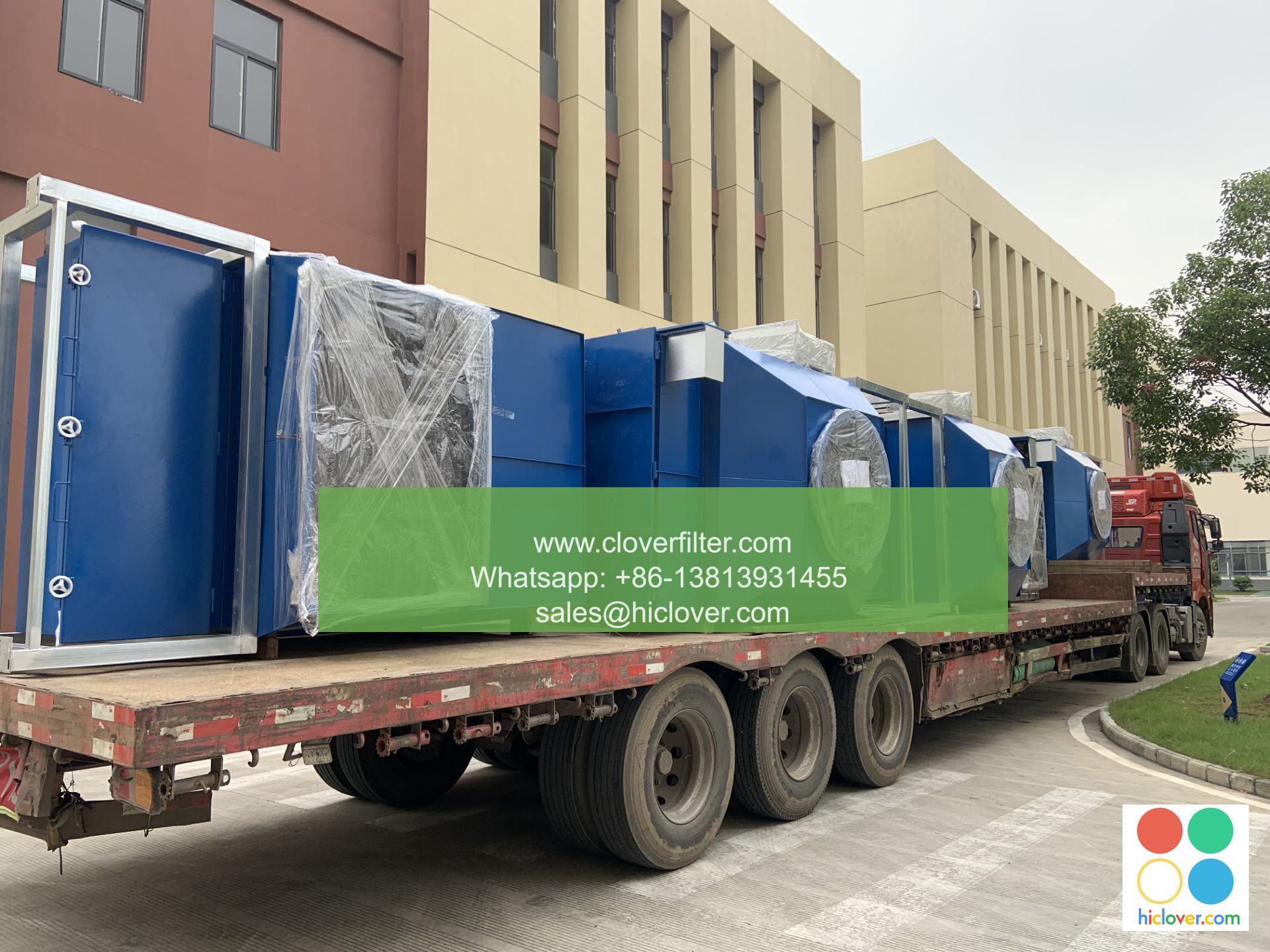HEPA Air Filters 101: What You Need to Know

HEPA Air Filters 101: What You Need to Know
What are HEPA Air Filters?
HEPA (High Efficiency Particulate Air) air filters are designed to capture at least 99.97% of particles as small as 0.3 microns, including dust, pollen, smoke, and other airborne contaminants. This makes them an essential component of any home or office air purification system.
How Do HEPA Air Filters Work?
HEPA air filters use a unique combination of mechanical filter media and advanced technology to capture small particles. Here’s how it works:
- Mechanical Filter: The filter consists of a thin, flat membrane made up of a specialized material that traps larger particles.
- Activated Carbon: The filter is treated with activated carbon, which adsorbs (traps) gases, odors, and fumes, leaving the air cleaner and fresher.
- Electronic Charges: The filter is also charged with static electricity, which attracts smaller particles, like smoke and dust, to the filter, ensuring they’re trapped and removed from the air.
- High Efficiency: Traps at least 99.97% of particles as small as 0.3 microns, including:
- Dust: 99.97% capture rate
- Pollen: 99.97% capture rate
- Bacteria: 99.97% capture rate
- Mold Spores: 99.97% capture rate
- Pet Dander: 99.97% capture rate
- Long-Lasting: HEPA air filters are designed to last for extended periods, depending on usage and replacement schedule.
- Low Maintenance: Many HEPA air filters require minimal maintenance, with easy installation and simple replacement.
- Energy Efficient: HEPA air filters can be used with most air conditioning and heating systems, reducing energy consumption and increasing efficiency.
- Residential Homes: Eliminate allergens, asthma triggers, and other airborne contaminants in your home.
- Commercial Offices: Improve indoor air quality in offices, reducing employee absences and increasing productivity.
- Industrial Environments: Use in hospitals, laboratories, and other industries where high levels of cleanliness are required.
- Automobiles: HEPA air filters are even available for cars, keeping your vehicle’s air clean and fresh.
- American Lung Association: "Indoor Air Quality and Allergies"
- EPA: "Indoor Air Quality & Your Health"
- ASHRAE: "Indoor Air Quality Guidelines"
- Understanding Air Purifiers: A Comprehensive Guide
- The Benefits of HEPA Air Purifiers for Asthma Sufferers
- How to Choose the Right Air Filter for Your Home or Office
Key Features of HEPA Air Filters
Common Applications for HEPA Air Filters
Conclusion
HEPA air filters are a vital component of any air purification system, providing unparalleled efficiency in capturing small particles and contaminants. Whether used in residential, commercial, or industrial settings, HEPA filters offer numerous benefits, including improved indoor air quality, reduced allergens, and increased energy efficiency. By understanding the science behind HEPA air filters, you can make informed decisions about your air quality and choose the right system for your needs.
Resources
Additional Reading
I’m happy to help! What’s the prompt? Do you have a specific topic or question in mind?


